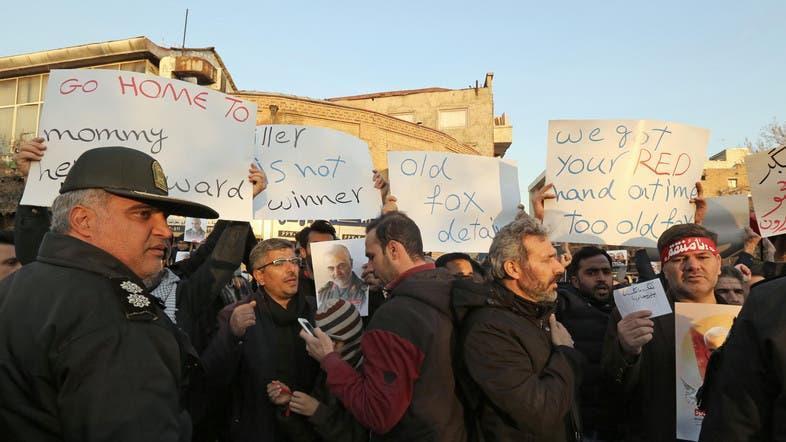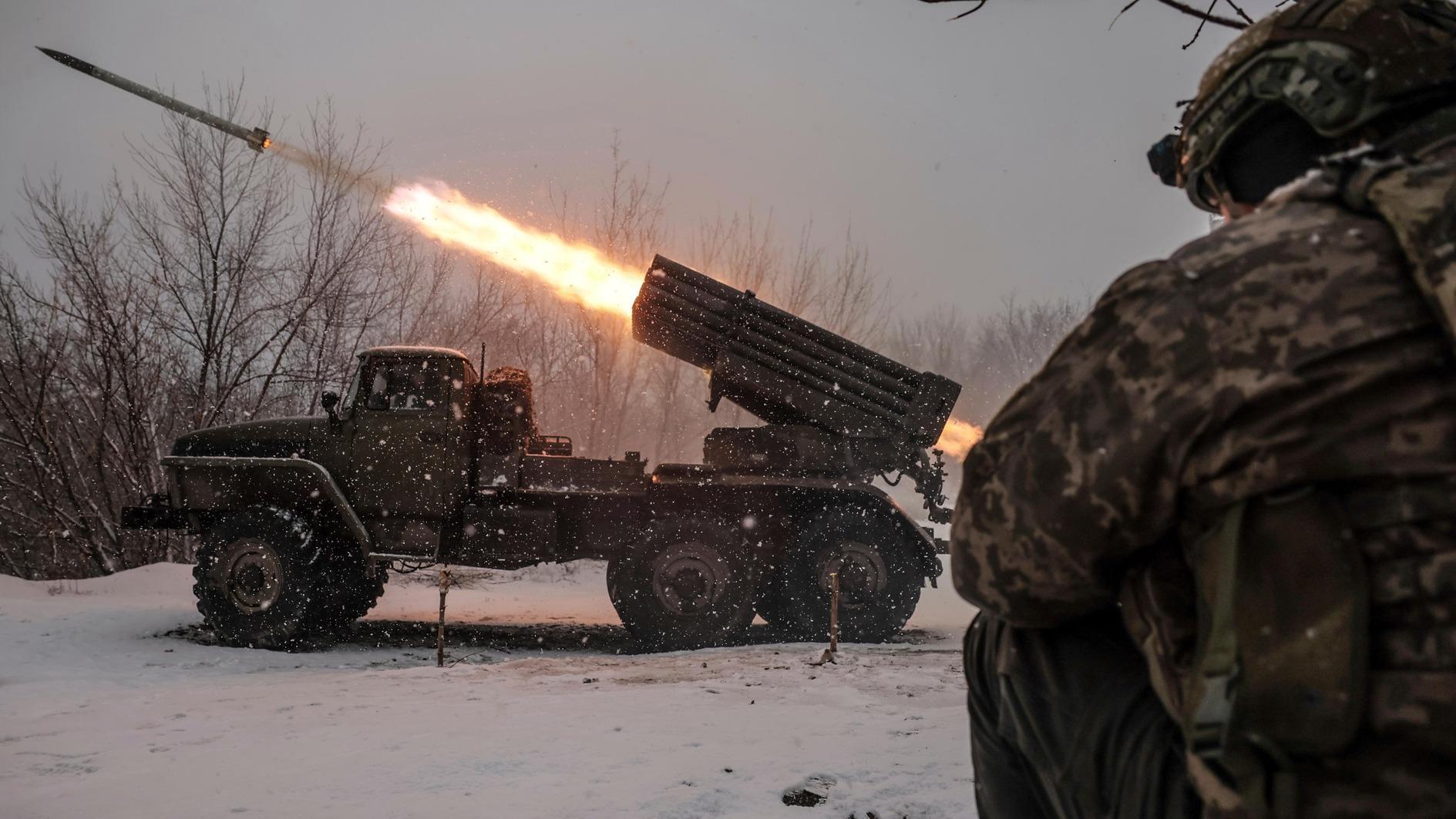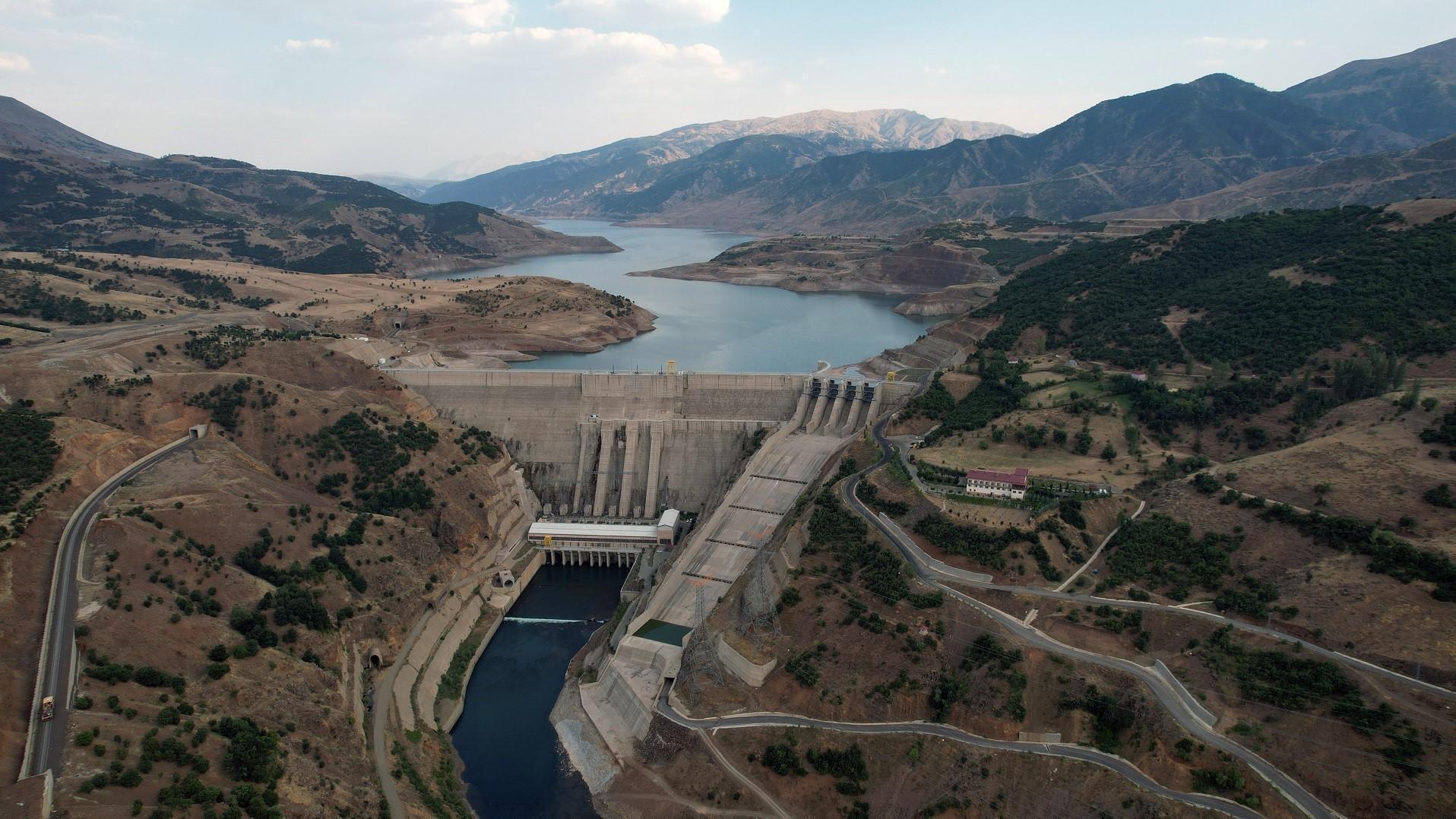British ambassador to Iran returns to UK
LONDON-Anadolu Agency

Britain's ambassador to Iran is to return to the U.K. for a “long-planned visit,” British authorities said.
“Ambassador Rob Macaire is returning to the U.K. today [Jan. 15] on a long-planned visit,” the Foreign and Commonwealth Office (FCO) said.
The FCO statement came following local reports from Iran that Macaire was leaving on the request of the Iranian government following his brief arrest during a protest in Tehran.
“He will have a number of meetings while in the U.K. and this is very much business as usual. He will be returning to Iran in the coming days,” the office said.
Tensions have run high between the U.K. and Iran since the downing of a Ukrainian passenger jet by Iranian forces “by mistake” a week ago.
Macaire was briefly detained over the weekend during an anti-government protest in Tehran, but the ambassador said he was attending a vigil for the victims of the crash.
On Jan. 13 Britain summoned Iran's ambassador to the U.K. for an explanation of Macaire's arrest.
“In relation to the arrest of the U.K.'s ambassador over the weekend, I would say this was an unacceptable breach of the Vienna convention and it needs to be investigated,” a statement by a Downing Street spokesman said.
He said: “We are seeking full assurances from the Iranian government that this will never happen again.”
The arrest of U.K.'s ambassador to Iran is a “flagrant violation of international law,” Britain's foreign secretary said Saturday.
“The Iranian government is at a cross-roads moment. It can continue its march towards pariah status with all the political and economic isolation that entails, or take steps to de-escalate tensions and engage in a diplomatic path forwards,” Dominic Raab said in a statement.
On Jan. 11, Iran admitted that the Ukrainian aircraft was “accidentally” hit by an Iranian missile that killed all 176 people on board.
The incident occurred after Iran launched a dozen ballistic missiles at airbases housing U.S. forces in Iraq in retaliation for the killing of Gen. Qasem Soleimani, the head of the Islamic Revolutionary Guard Corps's Quds Force, in a U.S. airstrike in Iraq.
In a written statement, Iran's top military authority said the plane was accidentally shot down by the air defense system as a result of a "human error" while it was passing over a "sensitive military point."
















